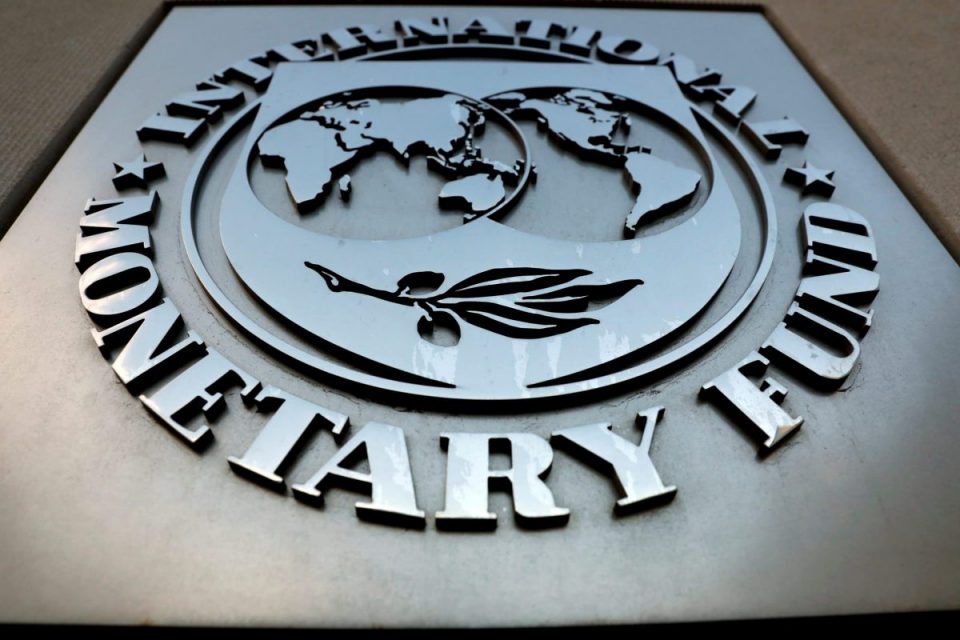WASHINGTON, June 2 — Vaccinating the world is the most effective way to boost global output in the near term, International Monetary Fund (IMF) managing director Kristalina Georgieva said Tuesday, warning that low vaccination rates in some countries are “dangerous” for everyone.
“It is now increasingly clear to leaders everywhere and to ordinary people that we are not going to succeed in overcoming the economic crisis this pandemic triggered unless we bring the pandemic to a durable end,” Georgieva said at a press conference in response to a question from Xinhua.
The IMF chief participated in the joint press conference together with the heads of the World Bank Group, the World Health Organisation (WHO) and the World Trade Organisation (WTO), with a focus on a new joint call on scaling up equitable access to Covid-19 vaccines.
Georgieva noted that countries with more fiscal space and rapid vaccinations are coming out of the crisis faster, but those, especially with low vaccination rates are falling further behind, and “that is dangerous for everyone because it would hold the global recovery back.”
According to IMF estimation, a faster vaccination rollout could inject the equivalent of US$9 trillion (RM37 trillion) into the global economy by 2025, due to a faster resumption of economic activity.
“And it is important to recognise that 60 per cent of the benefits, this 60 per cent of the US$9 trillion (RM37 trillion) would go to emerging markets in developing countries, but 40 per cent will go to advanced economies,” said the IMF chief.
“So we mobilise everybody to step forward for the benefit of all,” she added.
Georgieva also noted that building on the work of the WHO, WTO, World Bank and many others, IMF staff have put forward a proposal – a US$50 billion (RM206 billion) plan – to end the pandemic.
The proposal would vaccinate at least 40 per cent of the population in all countries by end of 2021, and at least 60 per cent by the first half of 2022, providing additional upfront grants to Covax, the WHO-led international campaign for equitable distribution of Covid-19 vaccines around the world.
The plan would also insure against downside risks such as new variants, and manage the interim period where vaccine supply is limited with widespread testing and tracing, therapeutic and public health measures, Georgieva said.
— Bernama





